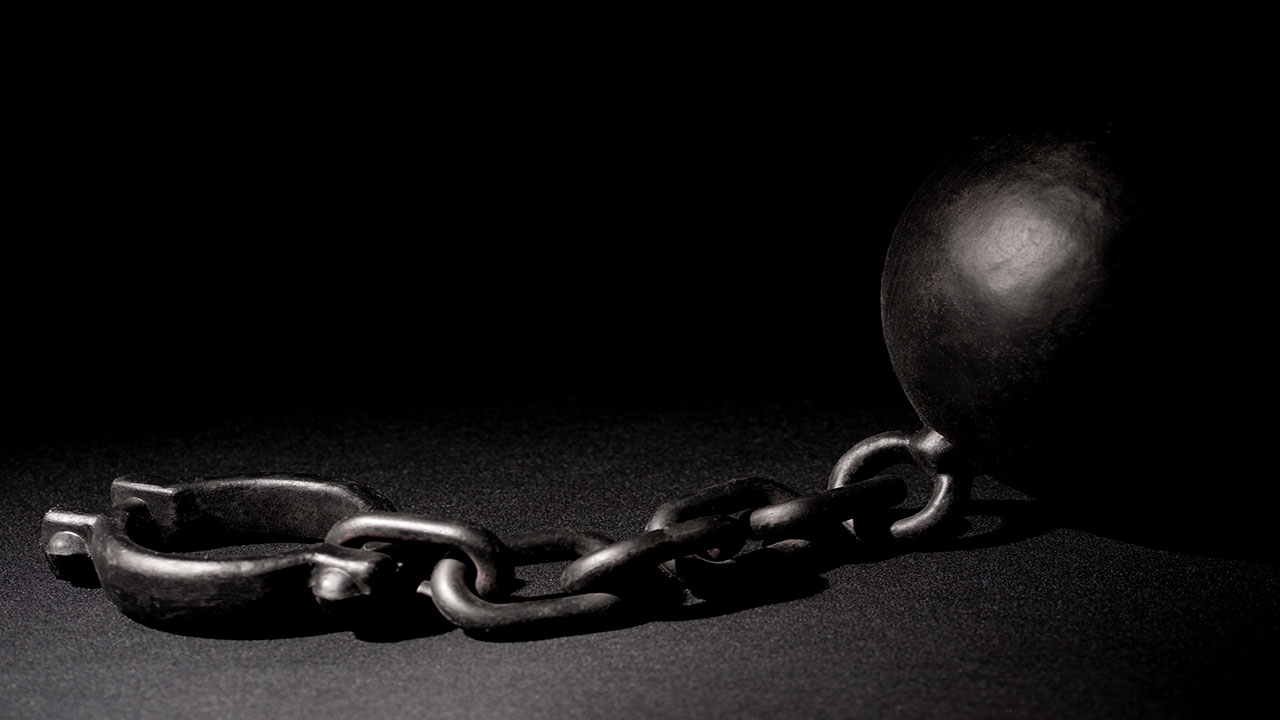Rose Beltran
(951) 565-6612
rose@roseandmanuel.com
4140 Temescal Canyon Rd, Suite 101
Corona, CA 92883
Should You Buy Mortgage Insurance?
July 9, 2018

As a homebuyer, you’re already paying expenses left and right. Aside from the actual purchase of the property, you’ve also got a slew of other expenses to cover, from appraisal fees, to loan origination fees, to land transfer taxes and beyond.
The list seems to go on and on. But while these costs are required, there are other fees that you can consider if it makes sense for you, and this includes mortgage life insurance.
But what exactly is mortgage life insurance, and do you really need it?
What is Mortgage Life Insurance?

Not to be confused with mortgage insurance – which is required if you put less than a 20% down payment against your home purchase – mortgage life insurance is a type of policy that is meant to protect mortgage repayments in case the homeowner passes away.
Mortgage life insurance policies pay off the outstanding principal balance that is still owed on a mortgage when the policyholder dies. Depending on the insurance provider, everyone who is named on the mortgage can be covered, with certain limits. This type of insurance is provided by an insurance company and not the lender or financial institution that is providing the mortgage.
There are also variations of this type of policy that cover situations such as job loss or medical conditions that may prevent the policyholder from paying the mortgage. Financial institutions all have their own maximum limit that can be insured, after which coverage will not be provided. That means mortgages with a substantial outstanding balance may not be entirely covered.
The cost of mortgage life insurance will vary a great deal from one situation to another depending on many factors, such as the policyholder’s age and health, the outstanding mortgage balance, and the term.
The question is, do you really need mortgage life insurance?
Reasons to Consider Buying Mortgage Life Insurance

There are certain advantages to mortgage life insurance that should be mentioned. After all, there should be at least one good reason for paying extra fees for extra coverage.
Of course, the biggest perk is that your mortgage can be completely paid for – or least mostly covered – if something should happen to you. If the unthinkable does happen, your spouse, partner, or anyone else who’s also tied to the mortgage won’t be on the hook to make mortgage repayments on their own.
There are other pros associated with mortgage life insurance, including the following:
- Premiums can be rolled into mortgage payments;
- Policies can be canceled at any time;
- Mortgage life insurance policies can be good alternatives to traditional life insurance, especially for those who may have trouble getting a policy as a result of pre-existing medical conditions.
Reasons Not to Consider Buying Mortgage Life Insurance

While you may be able to protect your payments in the event of your death, there are certain aspects of mortgage life insurance that might not make it worthwhile to buy into. Here are a few of the drawbacks of this type of insurance policy:
Payments stay the same even as the mortgage balance decreases. Mortgage life insurance doesn’t always reflect the amount of coverage you get throughout the life of your home loan. With every mortgage payment you make, the outstanding balance decreases. However, your premium payments stay the same. That means you’re continually making the same payments but are actually receiving less and less coverage with each billing cycle.
You’ll need to renegotiate your premium at the end of each mortgage term. If you took out a fixed-rate mortgage and locked in for a certain term length, you’ll need to renegotiate your mortgage life insurance in addition to renegotiating your new mortgage interest rate when you start a new term. That could result in a higher premium every time your mortgage term is up.
The lender is the beneficiary. With traditional life insurance policies, the beneficiaries are typically family members that you specifically name. But in the case of mortgage life insurance, the beneficiary is the bank, which means any payout for the policy will go to the bank providing you with your mortgage.
You might not be approved for a claim even after making payments. Just because you make regular monthly payments towards your mortgage life insurance doesn’t necessarily mean a claim will be approved when it’s actually needed. Only after a claim has been submitted will the insurance provider check to see if you qualify for coverage. If something happens to you, your family could still be left with a hefty mortgage left to pay off if the insurer decides that your claim does not qualify.
The Bottom Line
If you’re concerned about leaving your family behind to pick up the mortgage payments, there are other alternatives to paying into mortgage life insurance. A more obvious alternative would be to buy a traditional life insurance policy. Some policies are easier to get approved for than others, such as shorter-term policies. Besides, life insurance will allow you to pick your beneficiary, keep your coverage consistent, and allow you to customize coverage and premiums as required. Before you choose whether or not to buy or forgo mortgage life insurance, make sure you weigh the pros and cons of such a policy.
Rose Beltran
(951) 565-6612
DRE 01783016
Email Rose
Manuel Beltran
(951) 202-8073
DRE 01940915
Email Manuel



